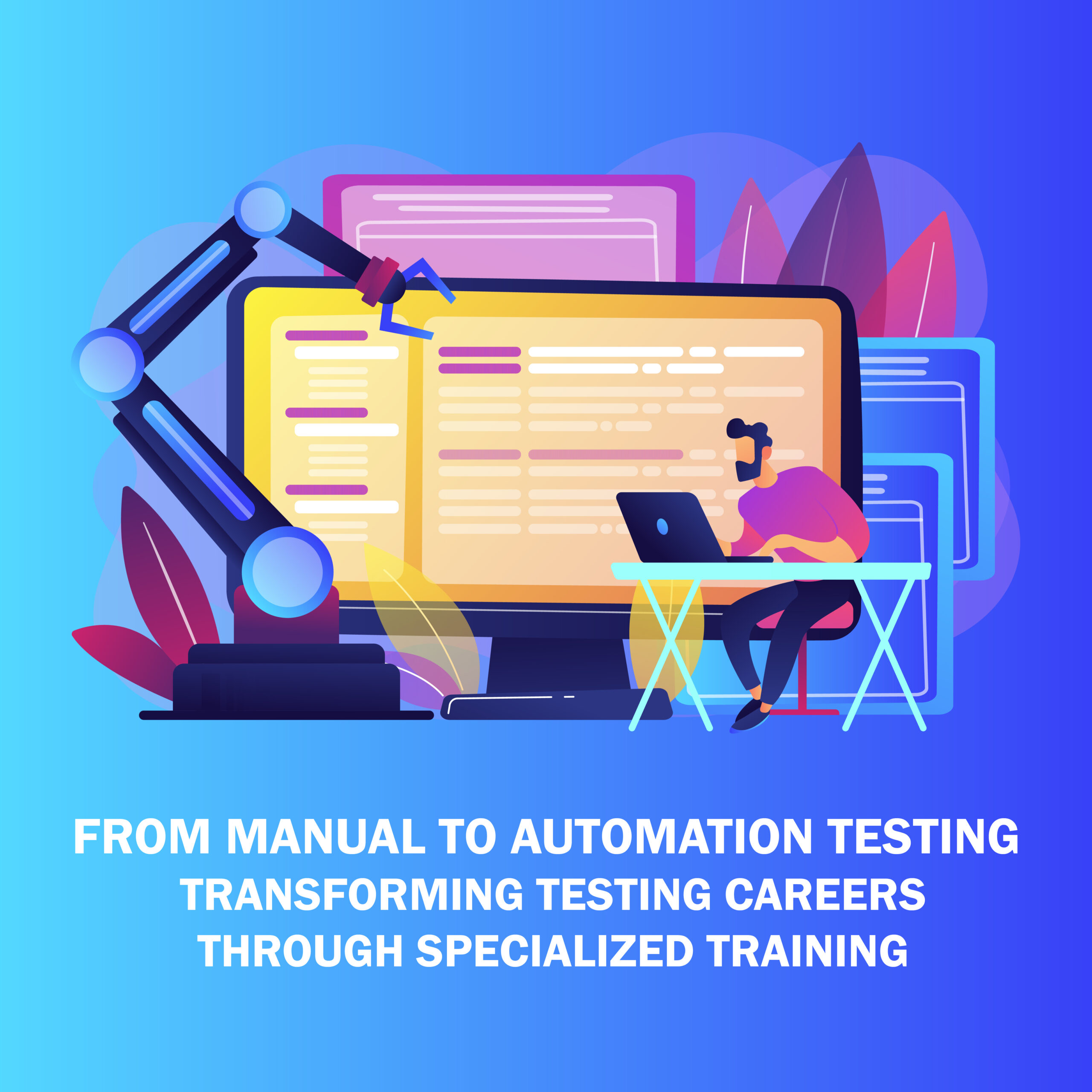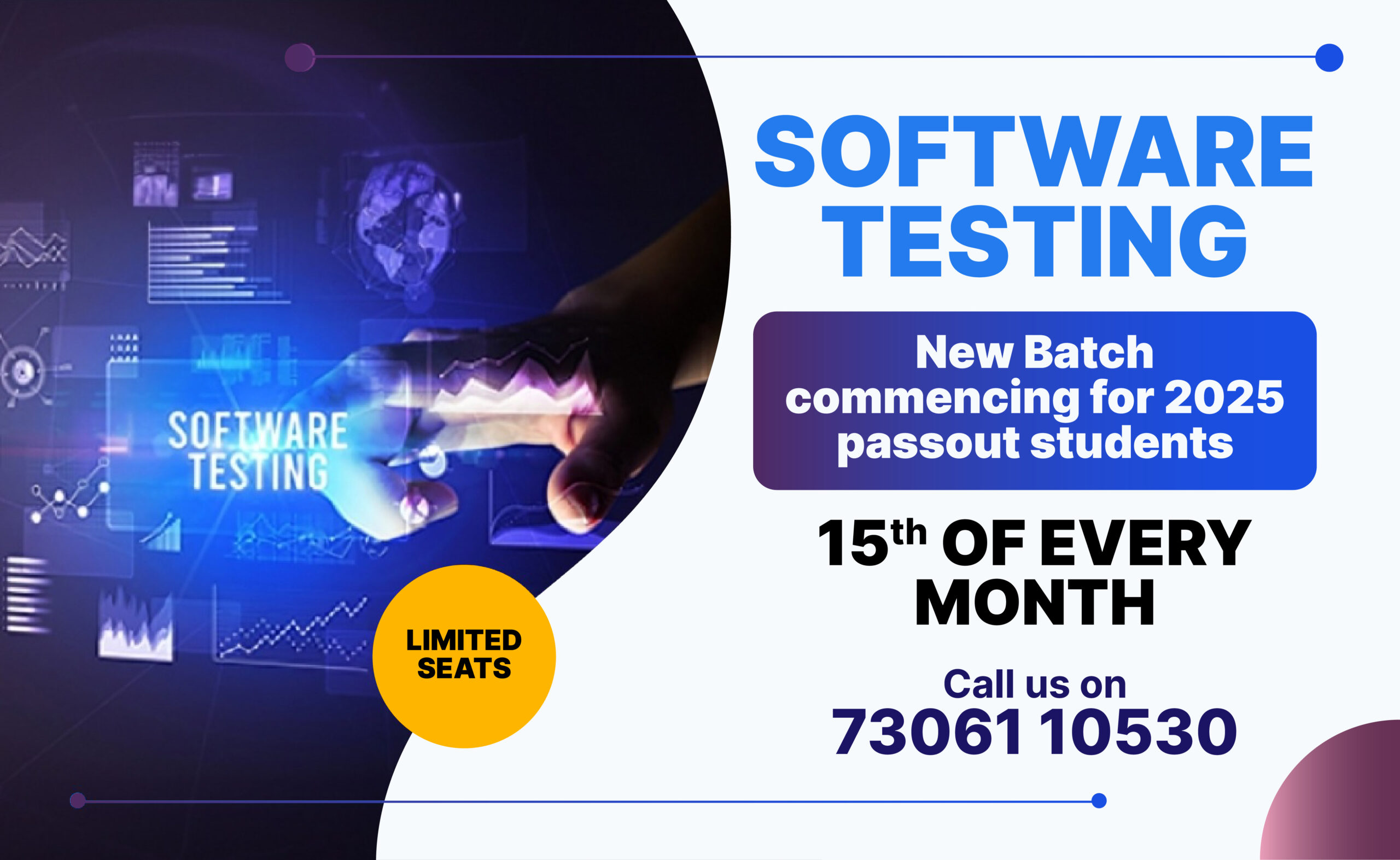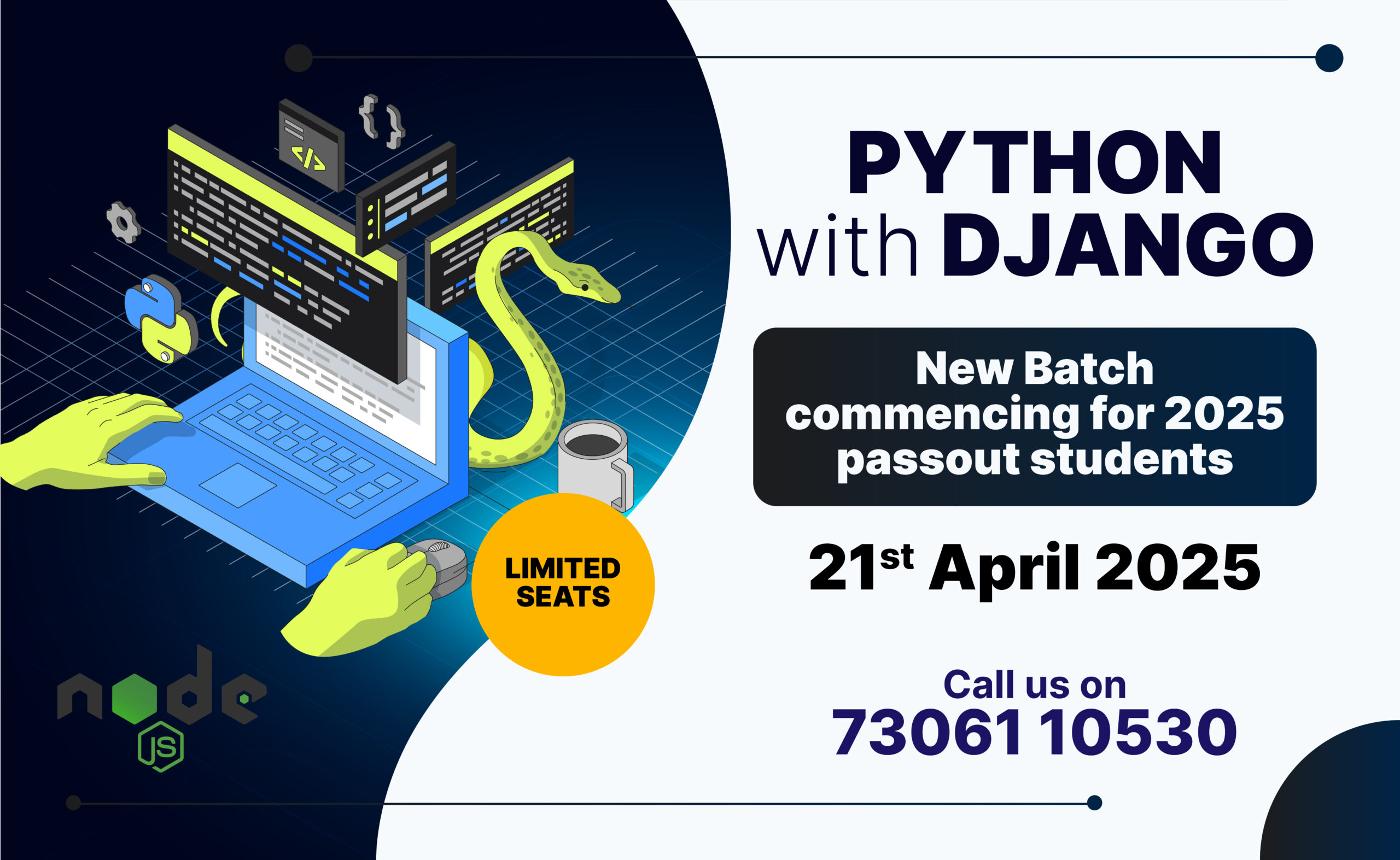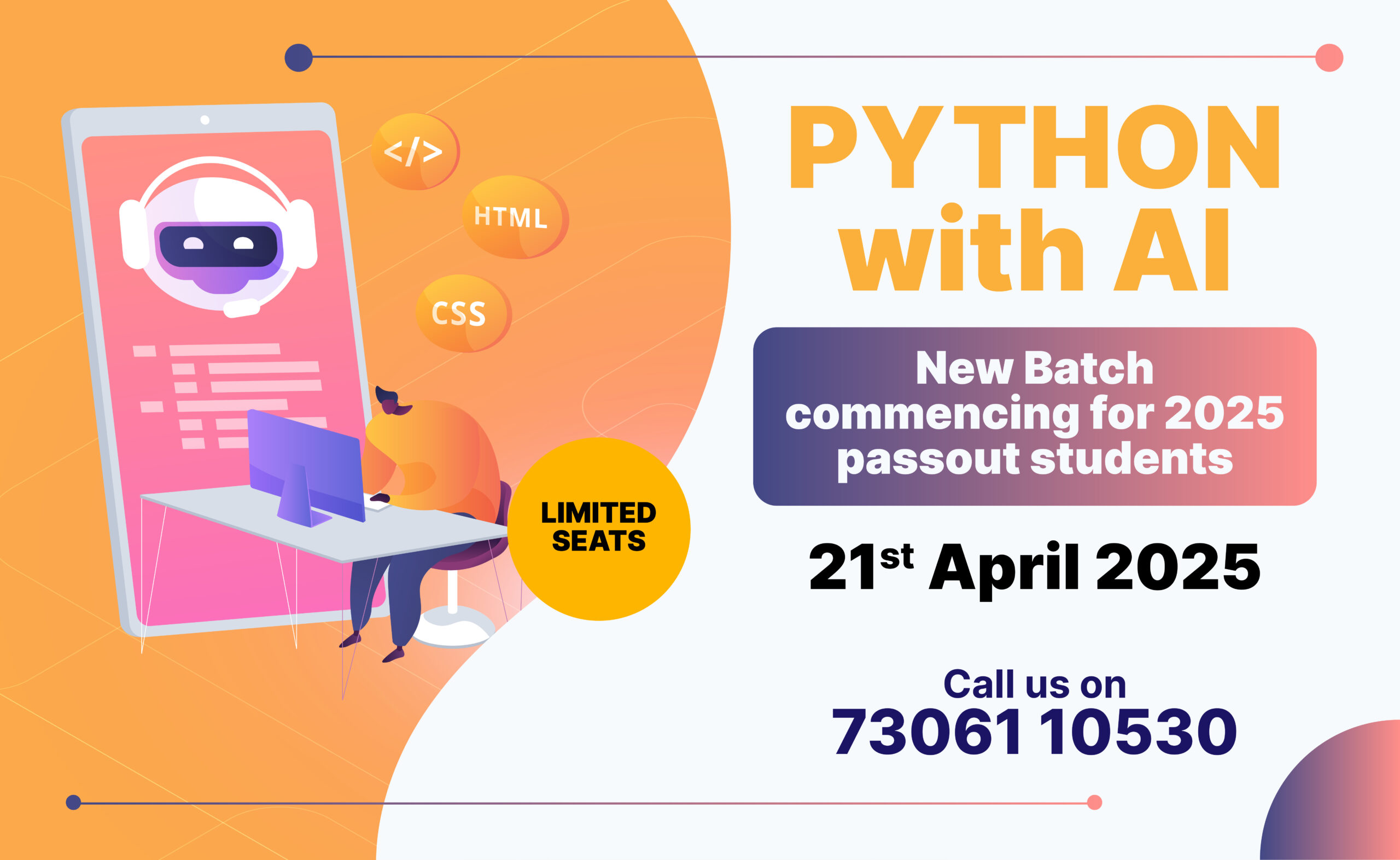Software testing is one of the fastest-growing fields in the current market. While manual testing is inevitable throughout the application’s life cycle, the complex nature of modern applications and the demand for faster results render automated testing critical. Changing from manual testing to automation testing requires you to get familiar with new tools and review the role of testing in software deployment.
This article discusses how training programs equip testers with the skills to thrive in automation-focused roles while keeping up with industry changes.
Executive Summary:
1. Moving from Manual to Automation Testing: Automation testing complements manual testing by increasing efficiency, accuracy, and coverage while enabling quality assurance teams to focus on high-value tasks.
2. Key Skills for Automated Testing: Transitioning to automation require expertise in programming, testing tools, frameworks, and strategic automation thinking to maximize effectiveness.
3. The Role of Specialized Testing Training: Specialized training programs provide practical knowledge and hands-on experience to equip testers with the confidence to implement robust automation solutions.
4. Best Practices in Automation Testing: Following best practices like incremental learning, framework utilization, and continuous updates ensures effective and scalable automation testing.
5. Future of Testing Careers: Adapting automation techniques and cross-functional roles ensures long-term career growth in the evolving landscape of software quality assurance.
Why Move from Manual to Automation Testing?
Manual testing focuses on exploratory tasks and user behavior validation, which often require human creativity and intuition. However, repetitive tasks are completed in far better accuracy and faster in automation testing. The shift is not about eliminating manual work but making it reasonable to improve software quality assurance systematically.
Automation makes it easier to liberate the quality assurance team from the repetitive work, increases coverage, and fits into the QA automation frameworks applied in agile/DevOps environments. For manual testers, the shift is mandatory to stay relevant in the job market.
Key Skills for a Manual to Automation Testing
A successful transition to automation demands a mix of programming knowledge, tool expertise, and an understanding of testing strategies. QA training programs focus on these core areas:
- Programming Knowledge
The core qualification necessary for testers is the mastery of scripting languages such as Python, Java or, JavaScript. They are used to develop test cases.
- Testing Tools and Techniques
Knowledge about Selenium, Appium, and Testsigma is important here. Testers need to understand how these tools fit into the development cycles in order to support existing processes.
- Test Automation Frameworks
Automated testing training familiarizes testers to frameworks while providing understanding of test organization as well as opportunities for scalability. These frameworks are useful when carrying out a large number of test cases.
- Strategic Automation Thinking
Identifying the right test cases for automation is a key skill. Not every scenario benefits from automation, so testers must learn to prioritize based on ROI and project needs.
The Role of Specialized Testing Training
Specialized training programs provide structured learning paths. These programs enable learners to grasp industry-relevant automation testing techniques and tools. A hands-on approach ensures participants gain practical exposure to enhance their confidence in implementing automation solutions.
Training often includes real-world projects, collaboration with experienced QA professionals, and access to tools and resources. This combination prepares testers to navigate challenges like managing flaky tests or integrating automation into CI/CD pipelines.
Automation Testing Best Practices
Adopting automation testing requires adherence to proven methodologies:
- Incremental Learning: Start with simple scenarios such as login flows and gradually move to complex ones.
- Use of Frameworks: Rely on frameworks for better organization and scalability.
- Version Control Integration: Tools like Git ensure smooth collaboration within agile teams.
- Continuous Updates: Stay updated with the latest testing tools and methodologies.
These practices not only enhance test quality but also optimize resource utilization, aligning efforts with project goals.
The Future of Testing Careers
The future of software testing careers lies in adaptability. Automation testing does not eliminate manual testing but complements it by reducing human errors in repetitive tasks. As testers gain specialized training, they position themselves as valuable contributors to any project.
Specialized roles in QA automation are expanding, with a growing emphasis on cross-functional skills. For testers seeking long-term career growth, learning automation techniques is critical to stay relevant in the dynamic job market.
Master Software Testing with Techmindz
Transitioning from manual to automation testing reshapes your career trajectory and unlock opportunities in software quality assurance. Through structured QA training programs, testers gain the expertise to excel in automation and integrate seamlessly into modern workflows. This journey emphasizes continual learning, strategic thinking, and leveraging automation as a tool to enhance – not replace – manual testing efforts. By mastering testing tools and techniques, understanding test automation frameworks, and adopting automation testing best practices, testers ensure their careers remain dynamic and future-proof in an ever-evolving industry. If you’re looking to gain hands-on experience and elevate your career, consider enrolling in our specialized training programs. Whether you’re interested in software testing, we offer a comprehensive course that is ideal for beginners, career switchers, and professionals looking to upskill.














0 Comments